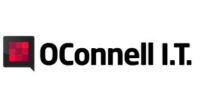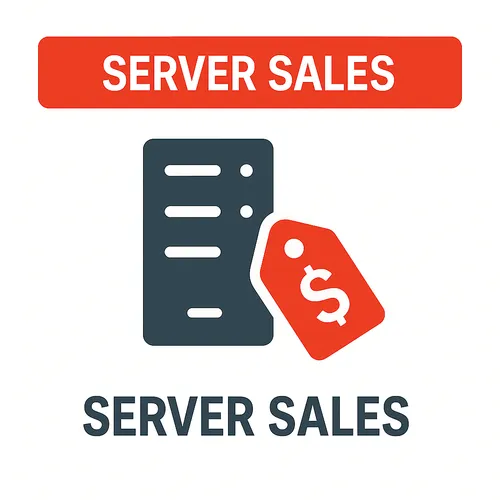- Assess Your Needs
- Determine Your Budget
- Choose Between On-Premises and Cloud
- Select the Type of Server
- Consider Hardware Specifications
- Operating System and Software
- RAID and Data Redundancy
- Networking Considerations
- Scalability
- Remote Management
- Security Features
- Warranty and Support
- Power Efficiency
- Compatibility with Software and Applications
- Read Reviews and Seek Expert Advice
- Compare Options
- Final Thoughts
Assess Your Needs
Identify headcount, workloads, applications, storage, scalability, security, and remote-access requirements.
Determine Your Budget
Include hardware, software licences, extended warranties, installation, and future upgrades in your cost envelope.
Choose Between On-Premises and Cloud
Decide whether to host a physical server on-site or leverage cloud services such as AWS, Microsoft Azure, or Google Cloud Platform.
Select the Type of Server
Pick tower, rack, or blade form factors based on floor space, expandability, and ease of maintenance.
Consider Hardware Specifications
Align CPU, RAM, storage (HDD/SSD/NVMe), and network interfaces with both current workloads and anticipated growth.
Operating System and Software
Match Windows Server, a Linux distribution (e.g., Ubuntu Server, AlmaLinux), or macOS Server to your application stack.
RAID and Data Redundancy
Implement RAID (e.g., RAID-1, RAID-5, or RAID-10) to safeguard data against drive failure and maintain uptime.
Networking Considerations
Evaluate port count, speed (1 GbE, 2.5 GbE, 10 GbE), Wi-Fi needs, and compatibility with existing switches and cabling.
Scalability
Confirm that additional storage, memory modules, or CPUs can be added without replacing the entire chassis.
Remote Management
Look for out-of-band management tools (iDRAC, iLO, IPMI) for remote monitoring, updates, and troubleshooting.
Security Features
Require secure boot, TPM, hardware encryption, intrusion detection, and firmware-update controls.
Warranty and Support
Select at least a three-year on-site or next-business-day warranty backed by reliable vendor support.
Power Efficiency
Check PSU efficiency ratings (80 PLUS Gold or better) and overall energy consumption to reduce operating costs.
Compatibility with Software and Applications
Verify driver availability and ensure mission-critical apps and databases are certified for the chosen platform.
Read Reviews and Seek Expert Advice
Consult reputable benchmarks, case studies, and IT professionals who specialise in small-business deployments.
Compare Options
Short-list viable models, then weigh specifications, feature sets, and total cost of ownership before purchasing.
Final Thoughts
Contact OConnell I.T. for a free chat about your needs.

